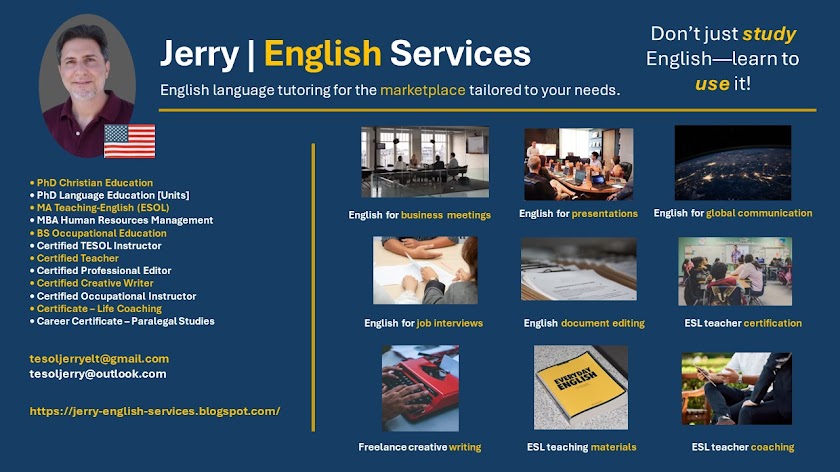Free-talking lessons have their place, but should they be the norm? As much as possible, we should be guiding our learner-customers into what will help them most, not what is easiest to do.
Over the course of my career as an English language teacher both independently and on various platforms, I’ve noticed teachers offering free-talking lessons increasing with greater frequency.
As I dig into the history of each of my students, I often observe a commonality—that lessons often become free conversations. But I wonder how much of that is by student request, and how much of that is actually teacher prompted.
I ask this because I’ve routinely encountered confused students in my classes who equate ESL conversation classes with free talking. Learners seem to be unaware that free talking may not be the best strategy for their English skills development. And they often comment that their teachers don’t usually get into regular lessons—apparently ignoring focused lessons in favor of free talking.
We Are the Professionals
As English language teachers, we’re professionals. Our students enroll in classes seeking help achieving their English language goals. That means, just like doctors treating patients and lawyers counseling clients, we guide learners into best practices to achieve sufficient English language acquisition to meet their goals. But, constant free-talking lessons may not be best practice.
It’s safe to say that students enroll in English classes with the idea that they’ll have English “lessons.” As such, they can reasonably expect that you or the company you're with provides lesson materials that guide learners from BEG (A1) levels to ADV (C2).
And, if we as teachers, follow that flow, we can provide specific goals for our students along with step-by-step progression. However, if we routinely offer free conversations while dismissing quality lessons for free talking, what does that say about our materials?
Focused Lessons Provide Structure
The image above (taken from a screenshot of an actual lesson where I addressed this subject) offers a visual on what follows.
Targeted lessons and materials are often created by professional teachers or people who have backgrounds in the field of learning materials development. Therefore, these lessons typically focus on specific language topics and goals.
Free conversation classes do not. They are exercises in randomness; that is, they’re more or less spent talking about nothing or about everything, but rarely about something—that is, there’s no language target. So, by the end of the class, what goal has been reached for the student to look back and say, “I’ve accomplished this today”?
Parts of a Whole
What many students need is structure. They need to build their vocabulary, expression, and understanding of grammar in specific areas. As they do it in one class, they build on it in another. That’s why we say language learning takes time. There aren’t any shortcuts.
Language points are built upon language points until the language is acquired. In time, and after a number of lessons, they’ve built a foundation of skills that can be integrated into other lessons, and from which they can branch into others.
Finally, after enough regular topical or focuses lessons, they will have built their skills sufficiently for the level they’re in and move on. They’ll be able to measure their progress and enroll in more lessons to achieve more advanced goals—it’s win-win for them and you!
Imagine for example, if a student repeatedly talks about the subject of travel in several free-talking lessons, they’ll have become fluent talking about travel, but what about any other area? How will they improve if they aren’t challenged outside of their comfort zones?
Something to Consider
The beauty of focused lessons and targeted lesson materials is that in the hands of capable teachers, they can be utilized both communicatively and structurally to help learners improve.
At the very least, if a student understands the merits of regular lessons, yet still chooses free talking, perhaps they could be guided to request specific topics. In that way, there would be something to talk about, focus on, and build on.
__________
Author: Jerry S.
Author bio: Jerry is a marketplace English language trainer of 21 years and Senior TESOL Certificate Instructor affiliated with Midwest Education Group, with a wide range of experience and education ranging from bachelor to doctorate degrees in various fields, who writes articles, blogs, ESL e-learning materials, academic papers, and more.
Image created by author.


No comments:
Post a Comment